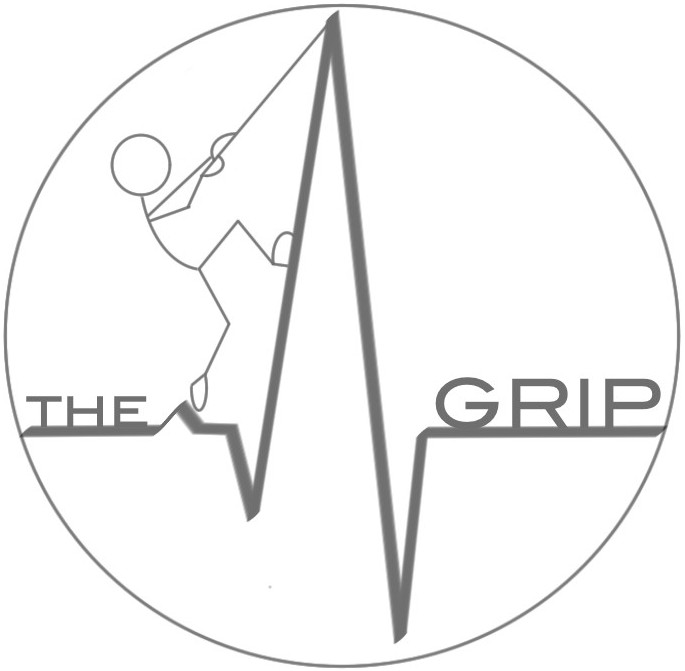Hospital survival and long term quality of life after emergency institution of venoarterial ECMO for refractory circulatory collapse
Mojoli F, Venti A, Pellegrini C, De Ferrari GM, Ferlini M, Zanierato M, Maurelli M, Iotti GA, D’Armini AM, Braschi A
Abstract
BACKGROUND:
Thanks to significant technical improvements, VA-ECMO is increasingly used to reverse circulatory collapse refractory to standard treatments.
METHODS:
We studied patients who underwent VA-ECMO due to primary cardiogenic shock or cardiac arrest between January 2008 and June 2011 at our institution. Variables related to hospital survival were analyzed. Long-term survival and health-related quality of life were checked.
RESULTS:
VA-ECMO was instituted in 23 patients: 17 outpatients and 6 inpatients. Seven of the outpatients were admitted to hospital under ongoing CPR. In these pts, time to CPR was 7 min (6-8) and time to ECMO 93 min (74-107); after 20 hours (16-22), all these pts died. Among remaining 16 pts, 6 were bridged to heart transplant and 4 to heart recovery, 8 survived to hospital discharge and 7 were alive with high health-related quality of life after 46 months (36-54). Ongoing CPR, inotropic score and lactates at cannulation did not differ between survivors and non-survivors; duration of shock, SOFA score and serum creatinine at ECMO institution, and lactates and fluid balance after 36 hours were higher in non-survivors. Patients could be kept on spontaneous breathing for >30% of time while on VA-ECMO.
CONCLUSION:
Emergency VA-ECMO institution can reverse refractory acute cardiovascular collapse, provided it is carried out before significant organ dysfunction occurs. Light sedation and spontaneous breathing while on VA-ECMO can be well tolerated by patients, but related clinical benefits should be proved. Patients successfully bridged to heart recovery or transplant are candidates for long-term good quality of life.
Minerva Anestesiol. 2013 Oct;79(10):1147-55. Epub 2013 Sep 3
